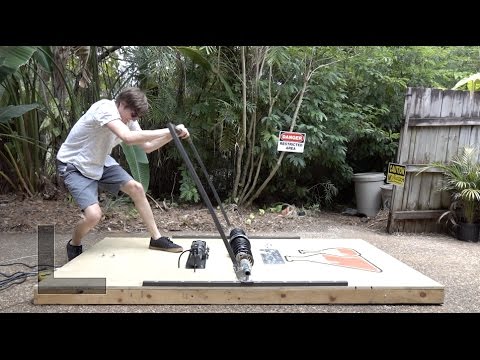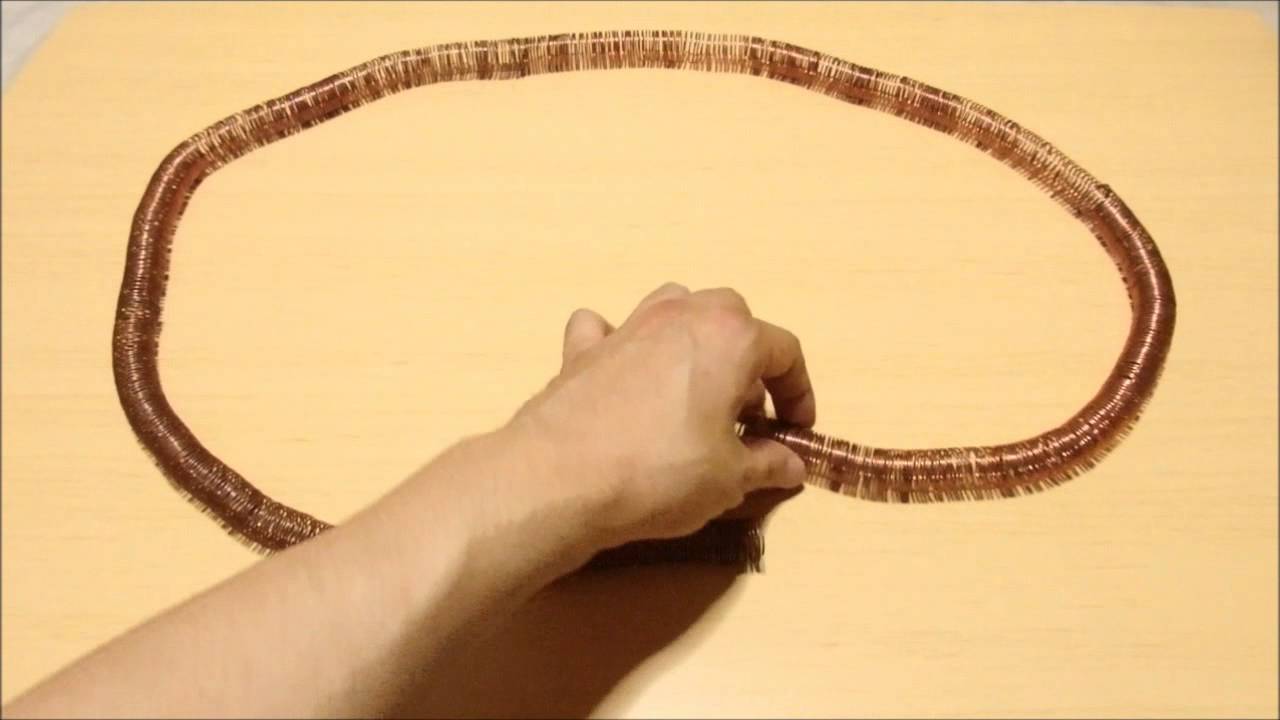
Twelve participants will be carefully selected to participate in one of the hardest endurance tests of their lives: Lying in a bed that is tilted backwards by an angle of 6 degrees for 60 days (9 weeks) in a row. They have to eat, shower, sleep and even pee at this angle. It might sound ridiculous, but this will be the reality for paid volunteers at the German Space Agency (DLR).
The experiment will be conducted at Envihab, a habitat-simulating facility that researches how the body reacts to extreme environments. In this case, they are testing the long-term effects of living in space.
The Envihab team are doing everything they can to recreate the sensation and atmosphere of being on a space vessel. They can control noise levels, light, temperature and even the mix of gases in the air. There are no windows in the test subjects’ rooms, so volunteers have no concept of day, night or seasons. They also can’t have visitors.
“To cheat gravity, we tilt the subjects head-down by six degrees,” says Ulrich Limper, a cardiologist for DLR’s Institute of Aerospace Medicine, to the BBC. “This is very important, so that the head is below the rest of the body.” On Earth, we are used to walking on our feet and, as a result, our hearts pump blood with quite a lot of pressure up to our heads.
In space, however, there is no gravitational force for our hearts to oppose, so astronauts have to cope with pressure and swelling in their heads from the extra pumped fluid. It is a problem that the crew from the International Space Station (ISS) frequently suffer from. They liken the sensation to the feeling of a head cold. On top of this, astronauts also have to cope with muscle deterioration and bone loss.
The ability to monitor the 12 participants under controlled conditions means that scientists can devise ways of countering the physical debilitation that astronauts suffer after long periods in space. It also has implications closer to home; people who need long periods of bed rest could benefit from this sort of research as well.
The volunteers will also be poked and prodded for various tests so that scientists can observe changes in their bone, blood and muscles. To while away the hours, the volunteers can read, play video games and watch movies.
Not just anyone can take part in this mentally and physically challenging experiment. Participants are selected very carefully so that the drop-out rate is low. Limper was asked by the BBC if he would take part in his own experiment.
“I wouldn’t do it,” he replies. “No.”
Via IFL Science






